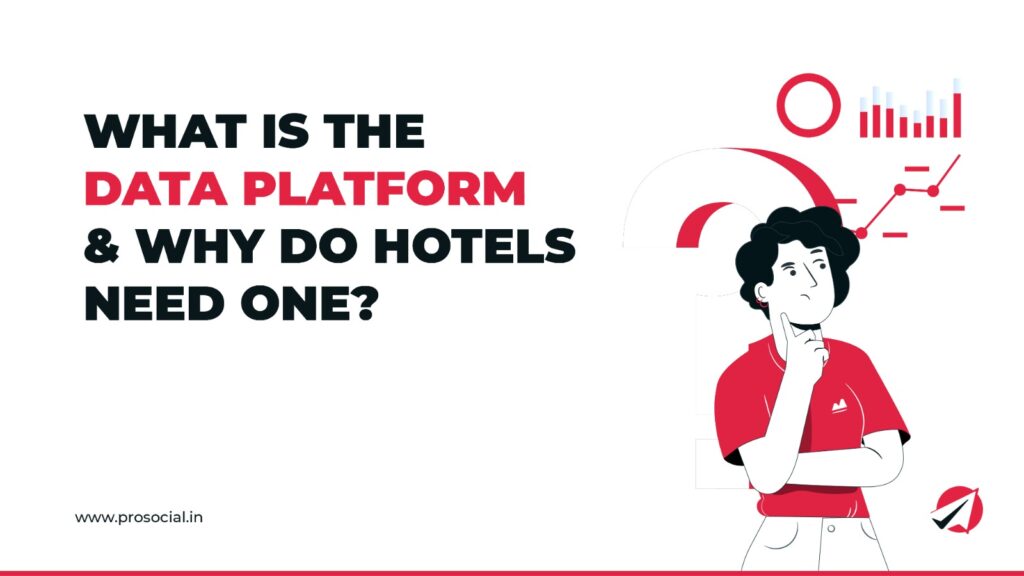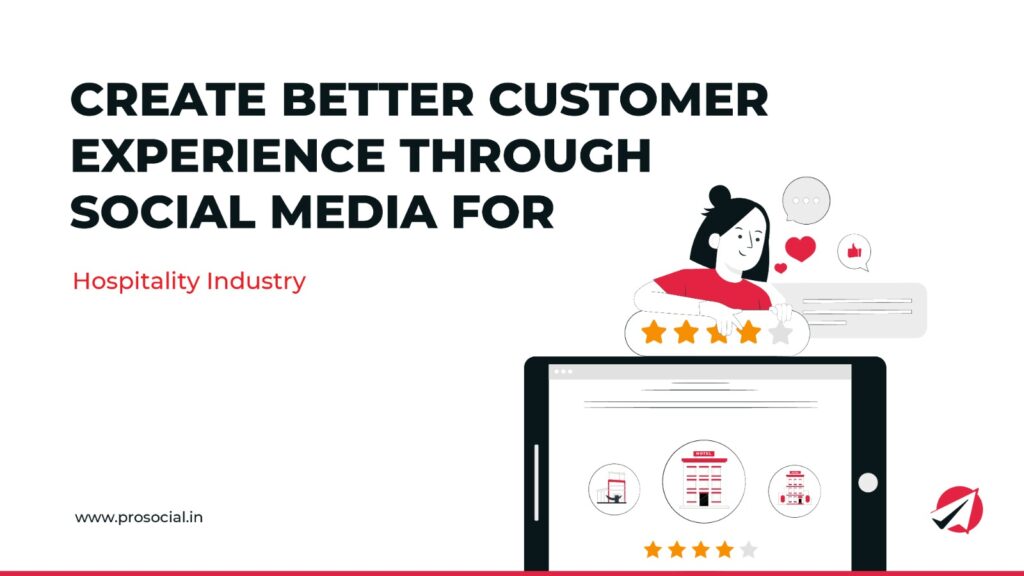The hospitality industry, specifically hotels, operates in a highly competitive landscape where data-driven decision-making can make all the difference. A hotel data platform serves as the backbone for managing and analyzing large volumes of data efficiently. In this blog, we will explore what a data platform is and highlight why it is crucial for hotels to adopt one.
Understanding the Data Platform
A data platform refers to an integrated system that collects, stores, and processes data from various sources within an organization.
It certainly provides a centralized repository for all types of data, including guest information, reservation details, financial records, marketing campaigns, and more. This unified system ensures seamless integration of data across different departments within a hotel.
Why Hotels Need a Data Platform?
1. Enhance Guest Experience:
A hotel data platform enables hotels to gather valuable insights about guests, their preferences, behaviors, and interactions.
By understanding the needs and expectations of guests, hotels can personalize their services, recommend tailored offerings, as well as provide a truly exceptional guest experience. From pre-arrival to post-departure, hotels can utilize data to engage with guests at every touchpoint, building loyalty and satisfaction.
2. Effective Revenue Management:
Hotels heavily rely on revenue management strategies to optimize pricing and maximize profitability. With a data platform, hotels can access real-time data on occupancy rates, demand patterns, and competitor pricing.
This allows revenue managers to make informed decisions, predict market trends, and adjust pricing strategies accordingly. By optimizing revenue management, hotels can minimize revenue leakage, achieve higher room rates, and overall profitability.
3. Efficient Operations:
A well-implemented data platform streamlines operations by integrating data from multiple sources such as property management systems, online booking engines, and customer relationship management systems.
This integration eliminates manual data entry errors and duplication, saving time and resources. With accurate and up-to-date data at their fingertips, hotel staff can make quick and informed decisions, resulting in smoother operations and improved overall efficiency.
4. Targeted Marketing Campaigns:
Marketing plays a crucial role in attracting guests and driving bookings. A data platform enables hotels to segment their guest database based on various parameters such as demographics, preferences, past behavior, and spending patterns.
By leveraging this data, hotels can create targeted marketing campaigns that resonate with specific customer segments, leading to increased conversions and higher return on investment (ROI).
5. Proactive Maintenance and Safety:
Data platforms can also integrate with building management systems and Internet of Things (IoT) devices within the hotel premises. This allows for real-time monitoring of equipment performance, energy usage, and safety measures.
By analyzing this data, hotels can proactively identify maintenance issues, prevent accidents, and ensure a safe environment for guests and staff.
Conclusion
By implementing a robust data platform, hotels can centralize their data, gain insights through analytics, as well as optimize operations across departments. Hotels that invest in a data platform position themselves for success in an increasingly digital and competitive industry.






